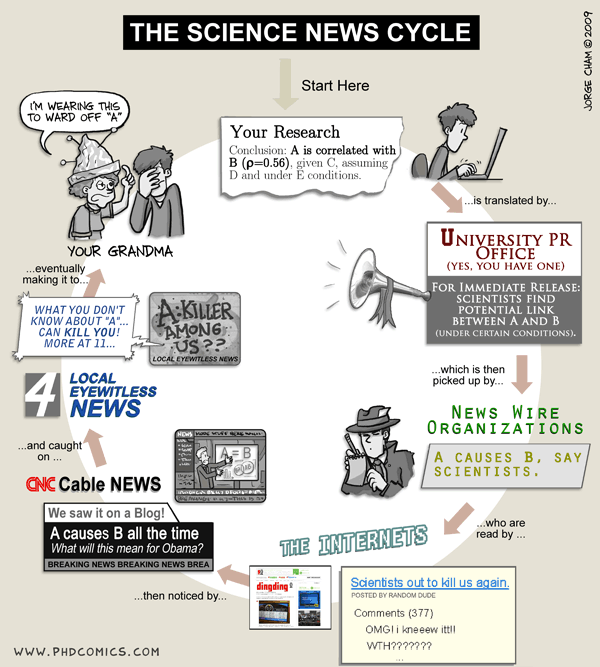If the developers are right, it's only about a year away…
http://www.esquire.com/lifestyle/a34630/viv-artificial-intelligence-0515/
Thoughts?

Yep, exactly.End of work? Like we do no more, the machines do…
Hahaha - I know what you mean :)/>
But won't Priceline pay Viv to get higher in Viv's rankings?
"We'll learn from the way that Google has done it," Cheyer says. "We'll have, um, organic results."
Why do you need a fancy phone if you can talk to your refrigerator? How much are you going to spend on an expensive computer when your alarm clock can do your shopping?

I don't want them collecting my information at all. See, the incredably sensative information being stored on some uknown remote location getting out isn't a problem if it's not there in the first place.Wow, good stuff. My apologies in advance if I don't address everything brought up.
I disagree with Geforce Fan - according to the devs your information will be yours and yours only. Viv is going to be sold to companies for money and then integrated into those companies' products - so long as the devs keep their word and don't turn to our personal information as a secondary revenue stream then there's no mockery of privacy here. If, otoh, they do 'sell out' and start selling our info, then, Geforce Fan, you're 101% right. If they sell the entire thing to another company then I have little doubt that 'my stuff' won't really be 'mine' - and, again, Geforce Fan would be right. But, as it's presented now, I don't see the mockery of privacy you're concerned about. I guess we'll have to wait and see what this becomes.
Bomb Bloke - wow, where do I start? First things first - "We'll have, um, organic results…" Yeah, that was a real turn off and indicates to me that they haven't thought this whole thing through yet. I imagine Cheyer is kicking himself for that answer.
While Viv (if released as 'promised') will definitely change marketing, I don't see how Viv itself is a marketing platform. I guess it's a form of indirect marketing in that companies are jockying to be recognized on the back end, but I didn't see anything that indicated this would be used as a platform to market goods (blame my limited imagination). I'd love it if you'd expand on that just a little, even if it's just conjecture.
As for the alarm clock example: I got the impression that they are envisioning a terminal/server configuration. That still doesn't mean I'm going to give up my smartphone. In any event, they did say they were working on at least an iOS interface so it sounds like they are going to integrate smart phones into the system as opposed to trying to replace them. That's another part of this that excites me - the ability to take care of things (or really, ask Viv to take care of things) while I'm out walking the dog or running other errands.
Whether we would own the servers or not was left unmentioned. I'm fine with it either way. If I'm going to be 'connected' to my home from afar, I'm not sure I want to deal with the issues of trying to protect my 'home server' from outside attack, so having my home be a dumb-terminal to a remote central server isn't an unattractive concept to me. The downside being that a single home is less likely to be a target than a central server system.
I agree that 3D printing is another area that will probably be a major disruptor…eventually. Actually I think the only thing holding it back from being more of a disruptor at present is cost.
And with that I'm out of time for the moment. My apologies for the curtness and vagueness of some of my answers. I'll edit this post (or reply if there are other posts) later today.
That does seem like a probable outcome, but I got the distinct impression from the article that these guys aren't interested in selling Viv. I guess it depends at least somewhat on who their investors are and how much risk they're willing to bear…and whether manufacturers see the value of including this technology in their products.I agree with BombBloke on this one; it looks like extremely interesting and promising work but the degree of focus the article has on commercialization (along with a lack of any current backing from larger tech companies) makes this one look like a prime candidate for a buyout that'll indelibly change the final product. It's impossible to say how far along the tech is but I doubt any large search engine provider wants to compete with a service that relegates search engines to middleware. We'll see this make a few headlines then see it get rolled into something else from the looks of it.
Agreed.I love the idea though; the first AI lecture we took my supervisor said the ultimate goal of most AI research is to put us out of work; programs that write programs is the golden fleece, and the developers definitely have the pedigree. SRI is an excellent institute.
There's also a lot of apocalyptic discussion of the internet changing in unforseeable ways, the rise of ubiquitous and embedded computing, the singularity and all that, very fascinating and very complex dicussions. Programs designing programs is an important, symbolic step in the direction towards that future. But when you hear expressions like 'the magic of the cloud' and 'creating a DNA' in these sorts of discussions you have to take a step back and remember science journalism is one discipline that, depressingly, isn't evolving.
Interesting link - thanks :)/> Although I was aware of Google's chicanery that puts into perspective nicely.I don't want them collecting my information at all. See, the incredably sensative information being stored on some uknown remote location getting out isn't a problem if it's not there in the first place.
All they're going to use this information for is something you probably don't want.
You can get plugins like Blur that will remove the tracker's Javascript from the site, so that it will not send your personal information. This is not an end-all solution, as they can still track anything you send back to the server(ex. requests for webpages)-snip-